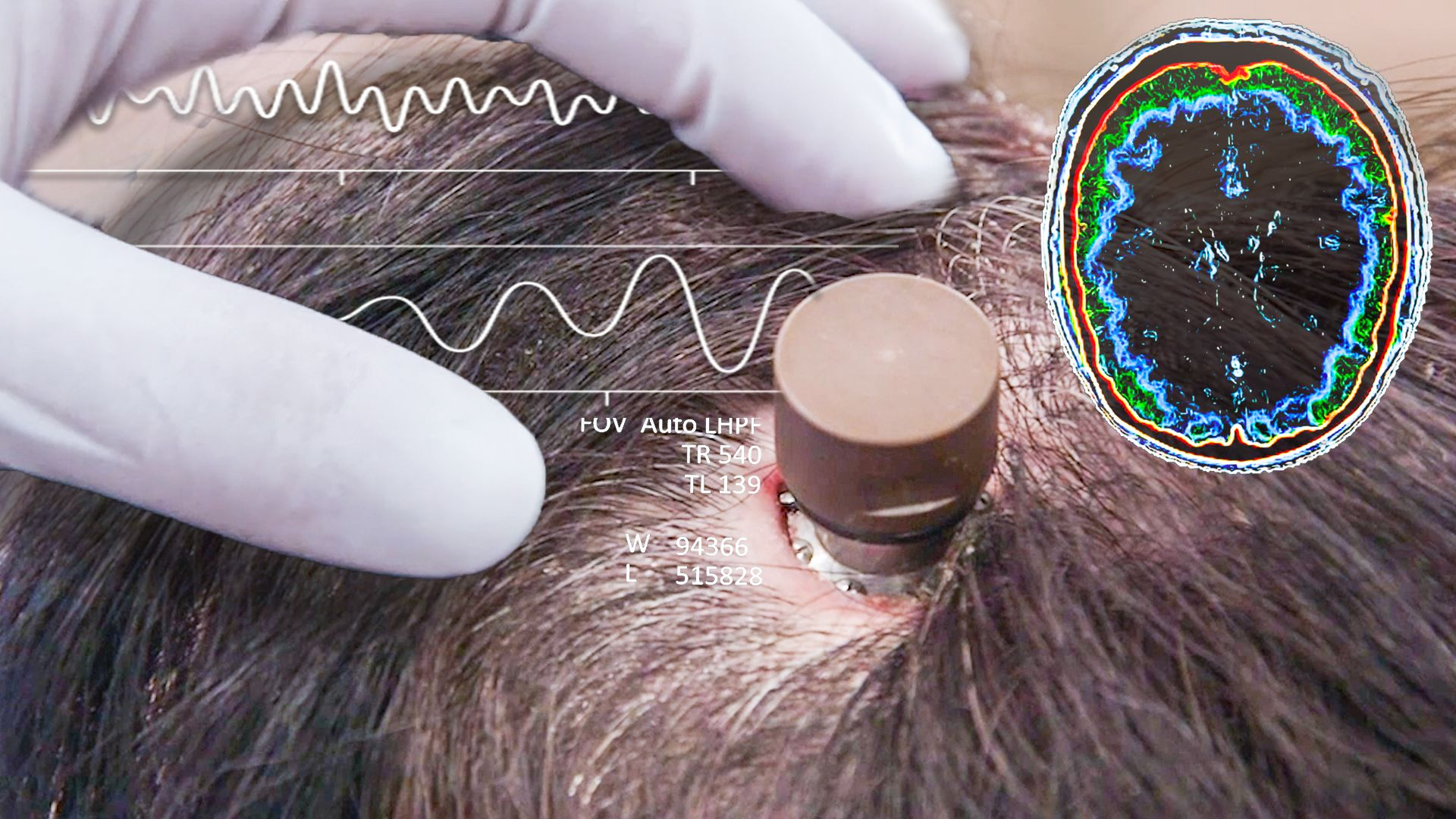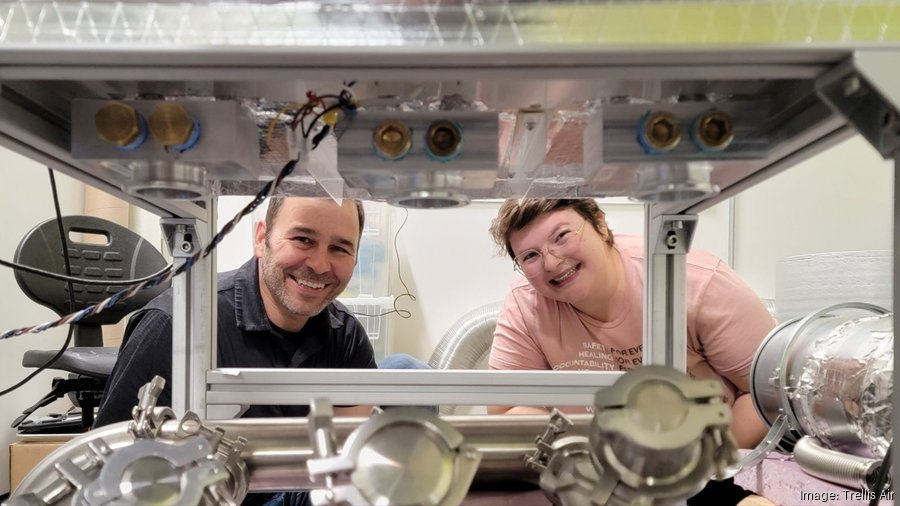Brain chip technology has emerged as a groundbreaking field that merges neuroscience with advanced computing capabilities, offering exciting possibilities for those with mobility impairments. Pioneered by companies like Neuralink, this innovative solution utilizes brain-computer interfaces (BCIs) to transform thoughts into digital commands, enabling individuals to control devices merely through intention. The potential applications of brain chip technology extend beyond convenience; they promise to assist countless users in overcoming physical limitations and engaging more fully with the world around them. However, such advancements raise critical questions about technology ethics, particularly concerning human rights and the risks of mind control. As society strides towards these futuristic solutions, it’s imperative to navigate the balance between innovation and ethical responsibility.
The advent of neurotechnology, especially brain chip implants, represents a paradigm shift in how we understand and engage with our own neural processes. Often referred to as neural implants or neuroprosthetics, these devices are designed to facilitate direct communication between the human brain and external technology, paving the way for enhanced cognitive and motor functions. This intersection of brain science and technology holds promise for transformative applications, particularly in aiding individuals who have suffered debilitating injuries or conditions. Nevertheless, the implications of such advancements unsettle existing discussions surrounding personal liberties, data privacy, and the moral considerations tied to psychological manipulation. As we approach this frontier of technological capability, a comprehensive examination of the ethical layers involved is essential.
The Rise of Brain Chip Technology
The advent of brain chip technology marks a revolutionary shift in how we interact with machines and augment human capabilities. Neuralink, the leading company in this field, has pioneered brain-computer interfaces (BCIs) that enable individuals to control devices merely through their thoughts. This innovation posits numerous possibilities, particularly for those with disabilities, offering them a new lease on life. The ability to interface directly with computers or prosthetics not only enhances mobility and communication but also pushes the boundaries of what neurotechnology can achieve in rehabilitative medicine.
However, as exciting as these advancements may be, they also come with significant ethical considerations. The emergence of brain chip technology raises key questions about mental privacy and self-determination. As these interfaces develop, society must debate the implications of such invasive technology, particularly concerning consent and the potential for misuse. It is crucial that regulations are established to protect users from potential exploitation by institutions that may seek to control or manipulate thoughts through these technologies.
Ethics of Brain-Computer Interfaces
The ethical landscape surrounding brain-computer interfaces (BCIs) is complex and troubling. With the capability to access and influence thought processes, there is a stark need for stringent oversight and ethical guidelines. The historical context provided by MKUltra and similar programs exemplifies the dangers of psychological manipulation, raising concerns that modern BCIs could similarly be utilized for unethical practices. As these technologies evolve, it is imperative to safeguard against scenarios where individuals could unknowingly lose agency over their thoughts and actions.
Furthermore, there are legitimate fears regarding consent – a fundamental human right. With technology capable of interpreting brain signals, the risk of coercion or forced compliance becomes a real threat. For instance, if brain chips are introduced in educational settings, as seen with the Chinese pilot programs, the potential for misuse is immense. The disparity between benefiting from technology and the ethical mandate to respect individual autonomy must be rigorously examined to ensure that human rights are upheld.
Potential and Pitfalls of Mind Control
The potential for mind control via advanced technology raises profound ethical dilemmas. While many view brain chip technology as a beacon of hope for medical advancements, others caution against the risks it may pose to autonomy and free will. Noland Arbaugh’s successful BCI implant, which allows him to control devices with his mind, heralds exciting prospects for therapeutic applications. However, the darker implications of controlling human behavior through technology cannot be dismissed lightly. With historical precedents of mind control experiments, the potential for misuse by states or corporations looms large.
For instance, the case study of deep brain stimulation in Parkinson’s patients illustrates how neuromodulation can inadvertently lead to altered behaviors, raising concerns about the predictability and ethics of such interventions. If individuals can be induced to act contrary to their character or previous inclinations, the moral ramifications become murky. Society must tread carefully as we incorporate technology that not only observes but potentially alters the very essence of a person’s cognitive experience.
The Market Potential for BCIs
The market for brain-computer interfaces is projected to grow exponentially, with estimations of reaching around $400 billion in the U.S. alone. This surge is driven by the increasing prevalence of neurological conditions and the demand for innovative therapeutic solutions that enhance quality of life. Companies like Neuralink are at the forefront, developing cutting-edge technology that can revolutionize how we think about rehabilitation for those with motor impairments, stroke survivors, and more, paving the way for previously unimaginable solutions to everyday challenges.
However, as this industry expands, it is crucial to maintain a balance between innovation and ethical considerations. With the allure of significant profits, there is a risk that technological advancements may outpace necessary ethical discussions regarding user consent, cognitive freedom, and potential societal impacts. Stakeholders in the industry must engage in active dialogue about the implications of BCIs to ensure that, while we pursue the potential benefits, we do not compromise on our fundamental rights and ethical standards.
Historical Context of Mind Control Experiments
Reflecting on the sordid past of mind control experiments, particularly during the Cold War, it is essential to recognize the lessons learned. Programs like MKUltra serve as cautionary tales of how government and institutional powers can misuse technological advancements to manipulate vulnerable individuals. These historical instances highlight the significant consequences of attempting to control human behavior through experimental methods, underscoring the need for rigorous ethical governance in the development of brain chip technologies.
As the modern iteration of these technologies emerges with brain chip implants and BCIs, it is crucial to draw from this history to avoid repeating the errors of the past. Lukas Meier’s warnings in his recent paper serve as a reminder that we must actively work to protect individual rights and dignity against the backdrop of potentially invasive technologies. The ethical framework surrounding brain chip tech must be solidified to guard against the sinister implications of neural manipulation and preserve fundamental freedoms.
Neuralink and the Future of Neurotechnology
Neuralink stands at the forefront of neurotechnology, propelling advancements in brain chip technology that promise to redefine human-computer interaction. By pioneering sophisticated brain-computer interfaces, Neuralink not only showcases the potential for revolutionary medical applications but also sets the stage for broader societal discussions about the future of human cognition. As we begin to witness real-time applications of BCIs, such as controlling devices with thoughts, the implications of such technology beckon us to consider how it will reshape our reality.
However, with such transformative potential comes an array of ethical and societal challenges. As Neuralink’s products become more common, society must grapple with the reality of augmented cognition and the responsibilities that accompany such power. Questions about who controls access to this technology, how it is regulated, and its potential impact on human rights will need to be addressed. The path of neurotechnology is fraught with promises of improvement, but without careful and thoughtful regulation, we risk enabling the kinds of exploitation that historical examples warn us against.
The Interplay Between Technology and Human Rights
The introduction of brain chip technology into society has profound implications for human rights, particularly concerning mental privacy and autonomy. As BCIs provide unprecedented access to cognitive processes, the need to protect individual rights becomes paramount. The ethical considerations surrounding the use of such technology challenge existing human rights frameworks and require that we adapt our definitions of privacy to include mental spaces, making a compelling case for more nuanced regulations.
Moreover, as countries and corporations race to develop and deploy brain chip technologies, measures must be taken to ensure that these innovations are not weaponized. History tells us that technology can be exploited to infringe upon fundamental rights, and without robust safeguards, the potential for abuse is significant. Establishing clear human rights guidelines for the development of BCIs is essential in ensuring that advancements fully respect and protect individual autonomy, dignity, and freedom.
Navigating the Challenges of BCI Development
As we delve into the development of brain-computer interfaces (BCIs), we face a myriad of challenges that necessitate thoughtful consideration. One primary concern is the risk of unequal access to this technology. As BCIs become more prevalent and potentially life-changing, disparities in availability could further entrench social inequalities. Ensuring equitable access to neurotechnology is not just a matter of fairness; it is critical for preventing a new digital divide based on neurological interventions.
Additionally, navigating the technical challenges inherent in BCI development presents a formidable task. Understanding the complex interplay between brain signals and machine interfaces requires cutting-edge research and development. Without adequate investment in responsible innovation, the promise of BCIs might be overshadowed by technical failures or unintended consequences. Stakeholders in neurotechnology must collaborate across disciplines to create solutions that prioritize user safety and maximize the potential benefits for society.
The Role of Regulations in Neurotechnology
The rapid development of brain chip technology underscores the urgent need for comprehensive regulatory frameworks that can adequately address the unique challenges posed by BCIs. Current regulations tend to focus on traditional medical devices but fail to capture the nuances of neurotechnology. As these interfaces become more integrated into everyday life, regulators must work proactively to establish guidelines that account for the ethical implications and potential risks associated with interfacing directly with the human brain.
Moreover, a robust regulatory landscape is essential for fostering public trust in brain chip technologies. If individuals are to feel safe and secure about using BCIs, they must have confidence that their mental privacy will be protected and that any risks will be mitigated. Collaborative efforts between governments, ethical bodies, and the tech industry will be crucial in developing a regulatory framework that not only promotes innovation but also safeguards human rights and societal interests.
Frequently Asked Questions
What is brain chip technology and how does it relate to Neuralink?
Brain chip technology refers to advanced neurotechnological devices, specifically brain-computer interfaces (BCIs) that connect the human brain with external devices. Neuralink, founded by Elon Musk, is a prominent company in this field, working to develop brain implants that assist individuals with disabilities, enabling them to control computers or prosthetics with their thoughts.
How does Neuralink’s brain chip technology work for individuals with disabilities?
Neuralink’s brain chip technology utilizes brain-computer interfaces to interpret electrical signals from the brain, allowing individuals with physical limitations, such as paralysis, to control external devices like computers or robotic limbs. This breakthrough can significantly enhance their quality of life by providing new means of communication and mobility.
What are the potential ethical concerns associated with brain chip technology?
The development of brain chip technology, particularly through companies like Neuralink, raises several ethical concerns. These include issues related to consent, mental privacy, and the possibility of misuse for mind control or behavior modification. Historical parallels to programs like MKUltra remind us of the potential dangers if such technology is misapplied.
Can brain-computer interfaces pose a risk to human rights?
Yes, brain-computer interfaces, such as those developed by Neuralink, can pose significant risks to human rights if not properly regulated. Concerns include the potential for invasive monitoring of thoughts, unauthorized data collection, and manipulation of behavior, all of which touch on fundamental rights related to mental privacy and self-determination.
What advancements in brain chip technology can improve future therapies for neurological conditions?
Future advancements in brain chip technology can lead to more effective therapies for neurological conditions by enhancing the precision and effectiveness of brain-computer interfaces. This could facilitate better communication for individuals with disabilities, improved control of prosthetic devices, and potentially innovative treatments for conditions like Parkinson’s disease or spinal cord injuries.
How does public perception of Neuralink affect the future of brain chip technology?
Public perception of Neuralink plays a critical role in the acceptance and future development of brain chip technology. Concerns over ethical implications, privacy issues, and potential misuse can lead to resistance among consumers and regulatory bodies. Conversely, positive public sentiment highlighting the potential benefits for individuals with disabilities may help accelerate research and implementation.
Is mind control a real possibility with advancements in brain chip technology?
While current brain chip technology enables interaction with external devices through thought, the prospect of full mind control remains theoretical and highly controversial. Experts warn against the potential for misusing such technology for manipulation, echoing historical instances of unethical practices. As research progresses, maintaining ethical considerations is crucial.
What role does technology ethics play in the development of brain-computer interfaces?
Technology ethics is paramount in the development of brain-computer interfaces, as it guides the responsible design, implementation, and regulation of such technologies. Ethicists advocate for frameworks that prioritize human rights, mental privacy, and informed consent, ensuring that innovations like Neuralink’s brain chip uphold societal values and prevent potential harms.
What are the implications of brain chip technology on future human interaction?
The implications of brain chip technology on future human interaction could be profound. Enhanced brain-computer interfaces may lead to new forms of communication, allowing for direct thought exchange or augmented reality experiences. However, this also raises concerns about dependency on technology, social inequality, and the need for ethical standards to govern these interactions.
What safeguards need to be in place for the responsible use of brain chip technology?
To ensure the responsible use of brain chip technology, safeguards must include stringent regulations on consent, transparency in data usage, and privacy protections for users. Ethical oversight from independent bodies can help monitor development and application, preventing misuse and upholding human rights in the rapidly advancing field of neurotechnology.
| Aspect | Description |
|---|---|
| Introduction of Brain Chips | Neuralink’s brain chip enabled paralyzed man to control devices with his mind. |
| Market Potential | Estimated BCI market in the U.S. could reach $400 billion due to high incidence of disabilities. |
| Historical Caution | Parallels drawn from Cold War era where mind control experiments had grave consequences. |
| Governance Concerns | Potential for misuse of BCI technology for psychological manipulation. |
| Ethical Implications | Risks to self-determination and mental privacy highlighted in the discourse. |
| Continued Development | Support for BCI technology development to stay ahead of global competition. |
Summary
Brain chip technology represents a remarkable advancement in modern neuroscience, offering breakthroughs for individuals with severe disabilities. However, as this innovative technology evolves, there are significant ethical considerations and historical warnings regarding its potential misuse for mind control. It is imperative that we proceed with caution, ensuring that the development of brain chip technology prioritizes mental privacy and self-determination.









